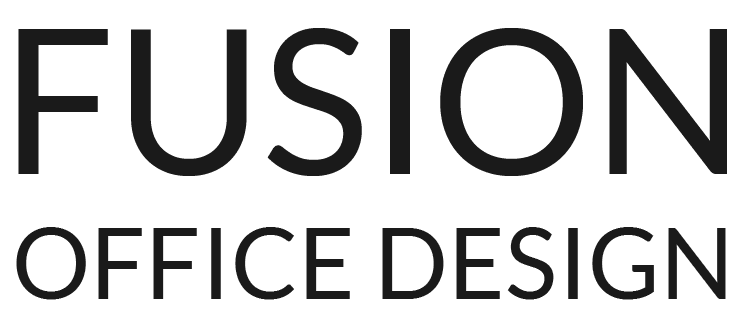The typical office is a busy environment with employees constantly busy and working on different tasks, nowadays it’s important for office spaces to reflect their colleagues’ personalities to encourage the best working environment.
Reflecting Your Employees’ Personalities
Offices and professional spaces are always evolving, research now supports how brilliant looking and feeling, work environments now link to the increase of colleague productivity along with their happiness and wellbeing.
More recently there has been a significant process in the planning and design of more flexible working spaces, big brands like Google, for example, their office employs a university campus and playful style approach. This way of design totally refreshed the common working environment and has shifted the focus on ensuring they get the best results from their colleagues.
Despite Google’s success with this office design approach, this isn’t the right option for every company. Workspace is a lot more than just being in a building, it’s about individuals’ relationships with the space and how they occupy it, with everyone being different, this makes the process a lot more complex.
Office design now incorporates people’s ‘personal algorithms’, this involves assessing that buildings meet different psychological needs so that offices have a two-way relationship with different personality types.
Previous research which is now outdated, found that the main office personality traits included being open, conscientious, extrovert, agreeable and neurotic, however this doesn’t tend to account for personal development and growth.
The latest studies in this area have led to a new model, the Enneagram, this helps office design through established colleagues’ behavior and the thinking patterns that they fall into. This method has identified nine types of employees, the reformer, helper, achiever, individualist, investigator, loyalist, enthusiast, challenger and peacemaker.
This also identifies patterns regarding colleagues’ traits, motives and values, for example, in the workplace, an investigator will experience the world differently to a helper. An investigator seeks privacy to recharge and analyse and would find it hard to work in an open-plan, break-out-based office space. In comparison, reformers who encompass dedication and commitment to their work, would suit an office space like this as they are motivated by high internal standards and require an environment that would inspire them to be more creative.
This model is popular due to the way it provides new insights and new ways to challenge the way that personality traits do provide an input into workforce productivity.
Taking all this information into account demonstrates how important it is that office space is personalised, working environments should support different personality types to maximize colleagues’ strengths and ensure productivity. The future of office design is only going to continue to require a more thorough thought process relating to colleagues’ personal requirements and their own attributes, ensuring that the workspace is responsive to worker’ contributions. Workspaces should consider personality patterns in regards to seating allocation and balancing open and sheltered spaces.
The future of office design could lay on the understanding and purpose of the office building, what does the company do, what operations and actions does it involve and most of all, who are the people that work there. By investing in one of the most important assets, you are supporting to get the maximum return from the people in it. Ignoring how your office impacts your employees is also ignoring your company’s biggest assets and cost centres.
How we can help
At Fusion Office Design, we ensure that your office space is reflective of your employees, our experienced team will transform your space incorporating your colleagues’ imagination and the spirit of your business.
Contact our team for more information today, we are always on hand to help.

